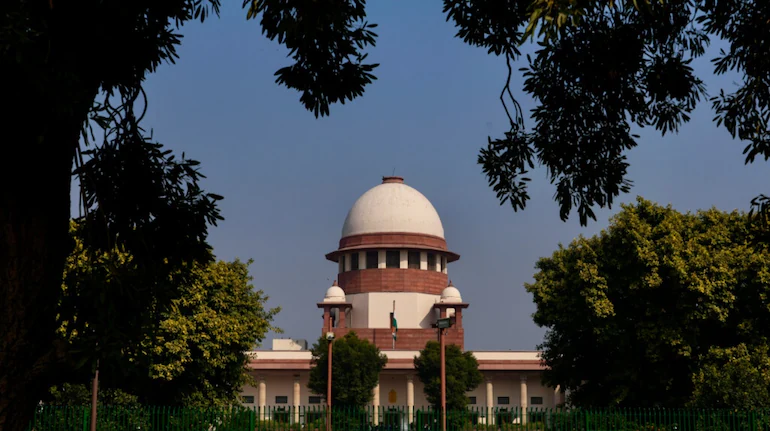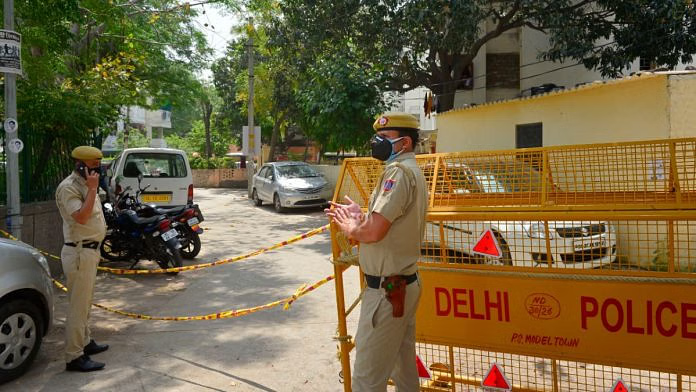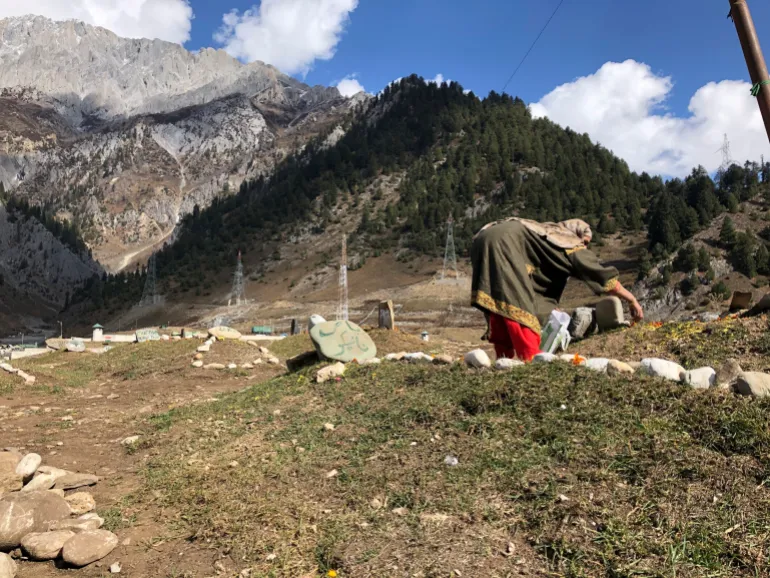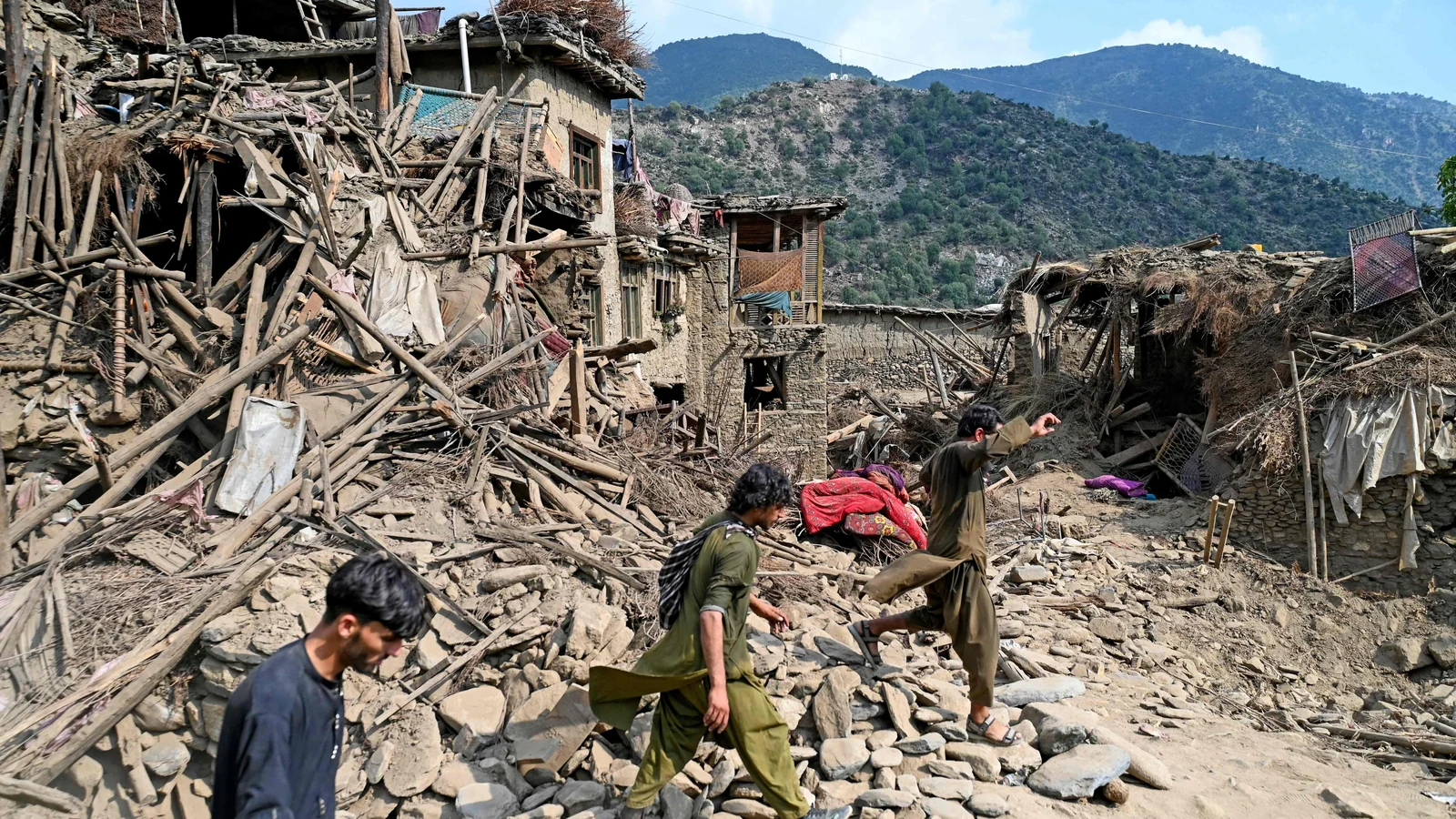Now Reading: Centre Approaches Supreme Court to Club Pleas on Online Gaming Law
-
01
Centre Approaches Supreme Court to Club Pleas on Online Gaming Law
Centre Approaches Supreme Court to Club Pleas on Online Gaming Law

The Centre has moved the Supreme Court seeking to combine multiple petitions filed in different states over the legality of online gaming regulations. With cases pending across various high courts, the government wants a unified hearing to avoid conflicting judgments. The move comes at a time when online gaming has expanded rapidly in India, raising concerns around addiction, financial risks, and the need for stronger legal oversight.
Several high courts are currently dealing with challenges against state-imposed restrictions on online gaming platforms. Companies argue that blanket bans harm the industry and stifle innovation, while state governments insist regulations are necessary to curb rising cases of gambling-like behaviour and debt traps, especially among young players. The conflicting positions have created legal uncertainty for both businesses and users.
The Supreme Court’s decision on whether to merge the cases could have far-reaching consequences. A centralised hearing would bring clarity on whether online gaming should be treated as a legitimate form of entertainment or as a risky activity requiring strict control. The outcome will also determine how far states can go in imposing their own rules in an industry that cuts across borders.
For smaller cities and towns, where online gaming apps are gaining massive popularity due to cheaper data and affordable smartphones, the judgment will be especially relevant. These regions are witnessing both opportunities in terms of jobs and revenue, as well as rising concerns about addiction and financial exploitation.
As India waits for the Supreme Court’s response, the debate highlights a larger challenge: how to balance innovation with responsibility in a digital-first economy. The verdict, once delivered, is likely to shape not just the gaming industry but also the way digital laws evolve in the country.

























